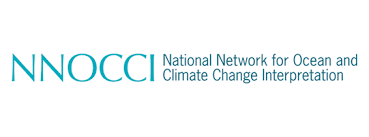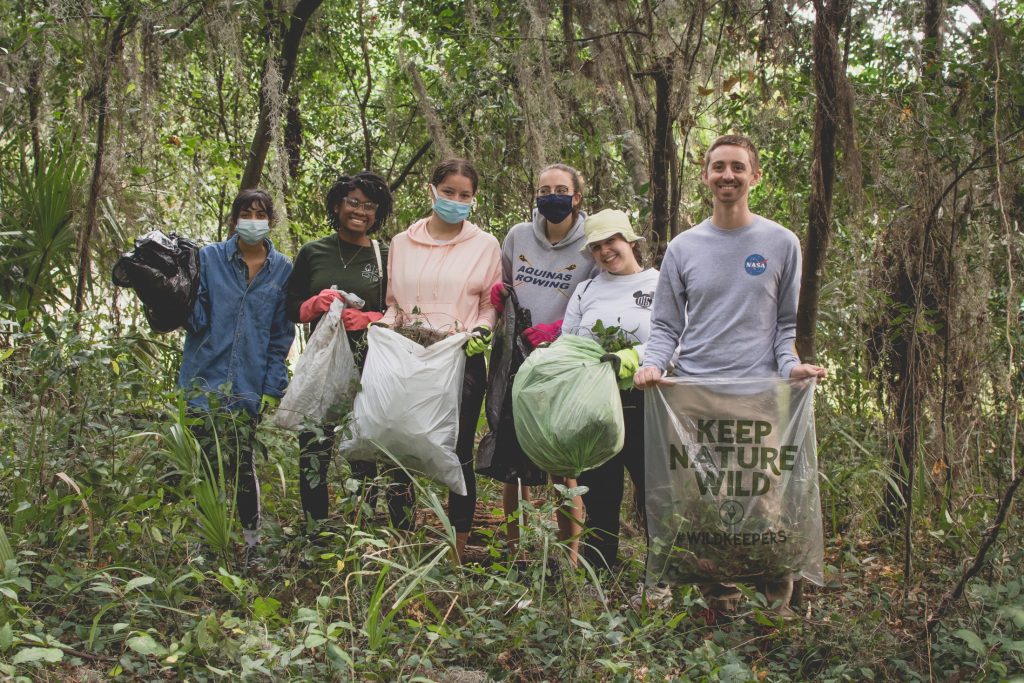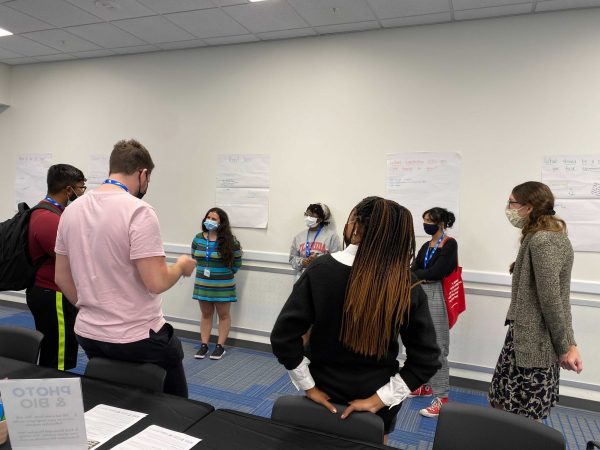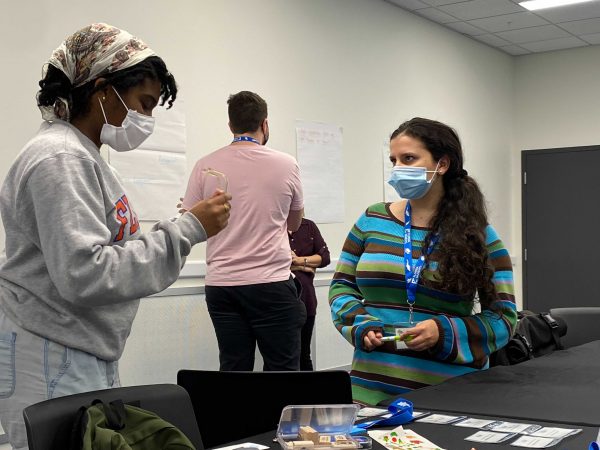With funding from the Henry David Thoreau Foundation, the University of Florida Thompson Earth Systems Institute officially kicked off its inaugural Environmental Leaders Fellowship in November 2021.
“With more than 75 applications for our Fellow cohort, we saw a strong desire among undergraduate students to get the chance to learn how to connect their work to the environment,” said Sadie Mills, TESI coordinator, and one of the Fellowship organizers.
“Our selection process was not easy, but we are pleased to announce a cohort of 12 students from diverse fields of study across campus.”
The Fellows’ studies range from biological engineering to economics to anthropology. But one thing binds them together: a mission to use their skills for the betterment of the planet. Learn more about the Fellows at the following link: Meet our 2021-22 UF TESI Environmental Leaders Fellows
During the month of November, Fellows attended an on-campus orientation and a virtual seminar on climate communication. Some Fellows also attended a voluntary invasive species cleanup at the McCarty Woods Conservation Area on campus. Read more about each November event below.
Orientation — November 4, 2021
To kick-off the fellowship, students were invited to take part in a drop-in orientation on November 4, 2021, at the Reitz Union. There, Fellows had the chance to drop in, grab a bite to eat, and take part in activities designed to help them meet other Fellows and the program team.
Students received packets that explained the logistics of the Fellowship and how communication with their cohort will work. Fellows also began sharing ideas for monthly seminar topics, final projects and the spring break field experience.
Seminar: Social change for climate change: communication tactics from the National Network for Ocean and Climate Change Interpretation — November 18, 2021
 The first seminar of the year, “Social change for climate change: communication tactics from the National Network for Ocean and Climate Change Interpretation” took place on November 18 via Zoom. Richelle Tanner, assistant professor of environmental science at Chapman University and Megan Ennes, assistant curator of museum education at the Florida Museum of Natural History shared research-based ways to effectively frame and share the science of climate change.
The first seminar of the year, “Social change for climate change: communication tactics from the National Network for Ocean and Climate Change Interpretation” took place on November 18 via Zoom. Richelle Tanner, assistant professor of environmental science at Chapman University and Megan Ennes, assistant curator of museum education at the Florida Museum of Natural History shared research-based ways to effectively frame and share the science of climate change.
They explained to the Fellows that we experience message framing every day.
“We use framing all the time, whether you’re aware of it or not,” Ennes, who is also one of the Fellowship organizers, told the Fellows. “It’s all about how we give and receive information when talking to others.”
How we frame climate change is important, she explained. The way we talk about it to others can either make them feel anxious or empowered to take action.
“Even if you aren’t trying to use framing, you are. So it’s better to know what your goals are than to remain ignorant about it,” Tanner said. “The goals we have in climate science and really any type of environmental science is to improve understanding of the audience’s connection to an issue and also provide a sense of hope.”
The students left the seminar with research-backed ways of explaining climate change to others in a way that clearly explains the issue and provides solutions.
McCarty Woods Cleanup — November 20, 2021

And on November 20, several Fellows also took part in a cleanup of McCarty Woods, a 2.9-acre biodiversity hotspot on campus. The cleanup is part of an ongoing effort to preserve this conservation area on the ever-growing UF Campus.
After the UF Campus Master Plan for 2020-2030 showed that McCarty Woods would be bulldozed down to one acre in order to make room for a new building, faculty, staff and students started petitions and protests to save the area. Amid pressure, the woods seem to be safe, for now.
To increase the chances of saving this space Department of Natural History professors Pam Soltis, Doug Soltis, and Lucas Majure have been organizing monthly cleanups to improve the quality and accessibility of the woods.
“It was wonderful to see the excitement of the fellows getting to know more about McCarty Woods and their willingness to participate in such a worthy cause,” said Mariela Pajuelo, TESI assistant scientist and one of the Fellowship organizers.
To learn more about this effort, visit the following link: Saving McCarty Woods

